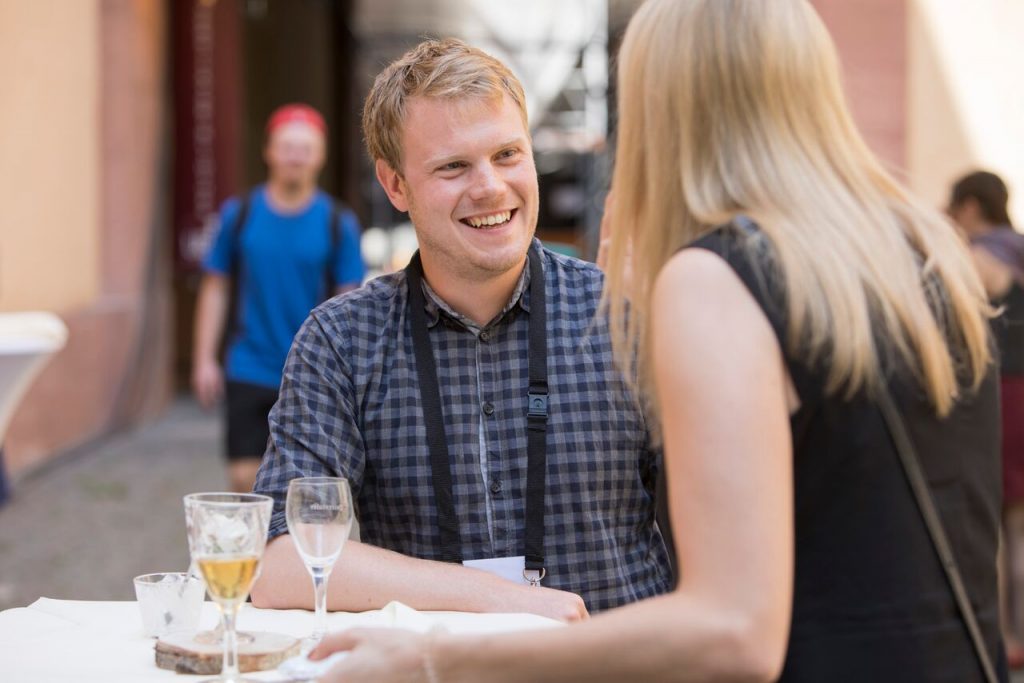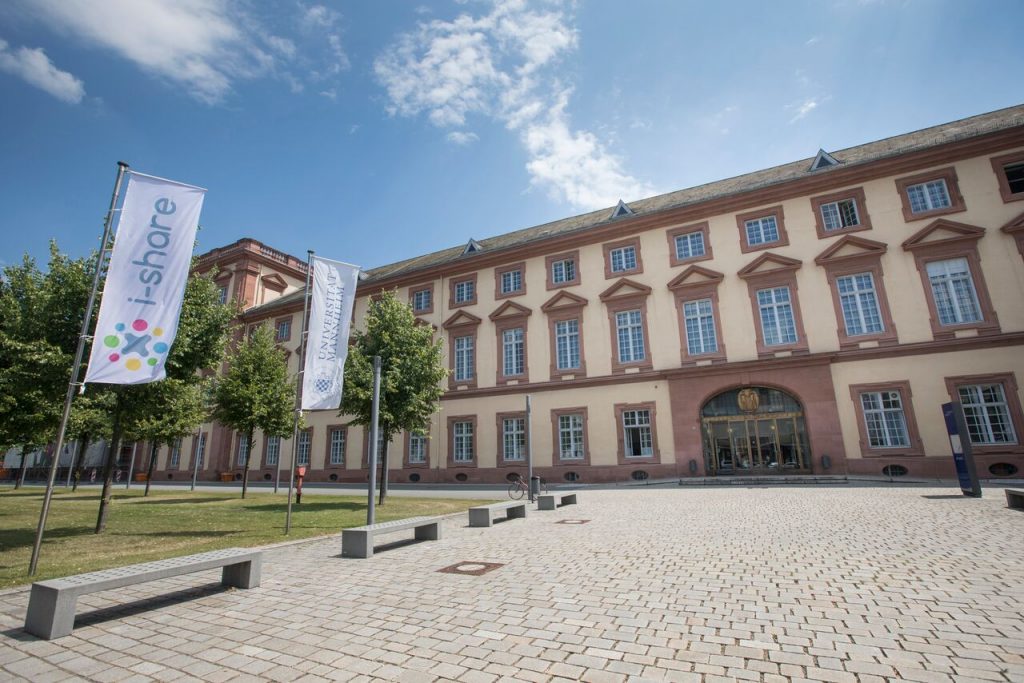Co-design of the SHARECITY toolkit – update @ 5th IWSE
Published by SHARECITY on the 9th July 2018.

Hello there again everyone following SHARECITY, a short update from me now that I have my feet under the table with this project. It really was a pleasure to visit the University of Mannheim last month and to meet so many new faces who work on research relating to the sharing economy at the 5th International Workshop on the Sharing Economy (IWSE). From the SHARECITY perspective there were so many interesting and highly relevant presentations around impact and governance considerations for the sharing economy. In particular, the i-share project team who organised this excellent event. The i-share project has been developing indicators to capture the sustainability impacts of the sharing economy in Germany including initiatives such as community gardens and meal sharing apps. They have also been conducting a survey of sharing economy initiatives to evaluate the ecological, economic and social impacts of the sharing economy across Germany. While still on going, this research is clearly progressing well and highly relevant to our work on the impact of sharing initiatives on urban food sustainability. We look forward to further discussions with the i-share team on common interests and the overlap between the two projects in the near future.
The reason why SHARECITY went to the IWSE event was to update other researchers on our progress and process in co-designing an online toolkit sustainability assessment toolkit for food-sharing initiatives. I presented our work so far on defining the building blocks from existing frameworks for assessing the sustainability of food systems, including the city regional food systems toolkit and the FAO SAFA indicators. Part of this work involved rescaling indicators to the initiative level, for example how does an initiative contribute to increasing access to fresh food in an urban area and how to communicate this? An important part of the co-design process was to consider the current sustainability goals and impact reporting practices of food sharing initiatives as discussed in our article in the May issue of the RUAF urban agriculture magazine on measuring impact. We have also identified important impacts of sharing initiatives that are not covered under existing food sustainability assessment frameworks through analysis of the case studies contained in SHARECITY briefing note 3 and the wider SHARECITY100 database.
We have now met with all 6 of our partners for the first phase of the co-design in London, Dublin and Singapore to discuss their current reporting practices and data collection and what might be realistic for them to input into any toolkit we develop. We have also gained feedback on their priorities and desires for what our toolkit might be able to provide them as users. In true co-design spirit we now move on to the next phase where we will discuss with our partners specific novel indicators for sustainability assessment frameworks of food systems that we propose to include in the toolkit. We will ask them to consider whether these could be useful and practical from their perspective and whether it captures the spirit of what they contribute to their city food systems. The impact of shared experience, as well as the impact of the educational element of food sharing initiatives will be key themes in this. Some of the initiatives in our database clearly have a largely indirect impact on the sustainability of urban food systems through changing behaviour and connecting people with how food is produced. It is our challenge on this project to somehow capture that!
If you have any further questions or comments on our work designing this toolkit please feel free to get in touch either by email: mackenst@tcd.ie or twitter: @Stephen_Mac2 or @ShareCityIre. Really looking forward to hearing from you and to cracking on with this work over the incredible summer we are having!
Stephen 🙂
© 2015 - 2025 ShareCity | Web Design Agency Webbiz.ie








